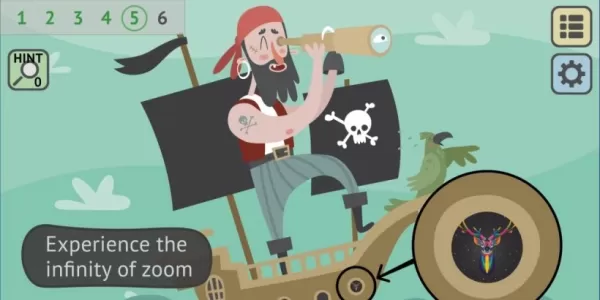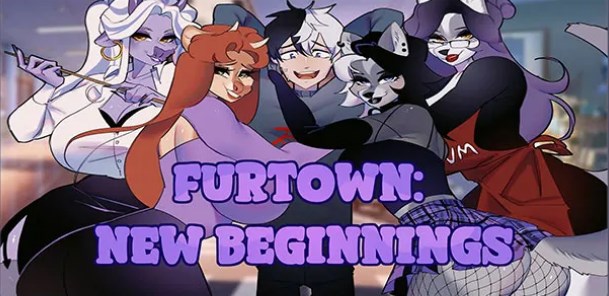This week marks the 40th anniversary of David Lynch's Dune, a film that was a box office disappointment upon its 1984 release but has since garnered a dedicated cult following. In stark contrast to Denis Villeneuve's recent adaptations, Lynch's Dune stands out for its unique style. Initially, Ridley Scott was set to direct the film after his success with Alien, but he eventually stepped away, leaving the project to Lynch. Thanks to the diligent efforts of T.D. Nguyen, a previously unseen 133-page draft of Scott's version, penned by Rudy Wurlitzer, has been unearthed from the Coleman Luck archives at Wheaton College.
When Scott took on the project, Frank Herbert had already crafted an extensive two-part screenplay that was both faithful to the book and challenging to translate to the screen. Scott, after consulting with Harlan Ellison, who declined to work on the script, collaborated with Wurlitzer to create a fresh, page-one rewrite. Wurlitzer described the adaptation process to Prevue Magazine in 1984 as one of his most challenging endeavors, emphasizing that they maintained the spirit of the book while infusing it with a distinct sensibility. Scott himself praised the script to Total Film in 2021, calling it "pretty fucking good."
Despite the high quality of the script, Scott's version of Dune never came to fruition due to several factors, including emotional turmoil following his brother Frank's death, disagreements over filming locations, and budget concerns. Universal Pictures executive Thom Mount highlighted that Wurlitzer's script did not receive unanimous approval within the studio. Was it too dark, violent, or politically charged for a commercial blockbuster? Dive into our detailed analysis to form your own opinion.
Rudy Wurlitzer, now 87, and Ridley Scott were approached for this article but chose not to participate.
A Wilder Shade of Paul
The October 1980 draft of Dune opens with a dream sequence of apocalyptic armies, signaling Paul's ominous destiny. Scott's visual flair is evident in descriptions that evoke intense motion and density, setting the stage for Paul's journey. In this version, Paul is a 7-year-old with long blonde hair, undergoing a trial by the Reverend Mother. His use of The Voice to retrieve a sword and his near-fatal test on Duncan Idaho showcase a "savage innocence." As Paul grows to 21, he becomes a master swordsman, surpassing Duncan, who humorously acknowledges Paul's progress.
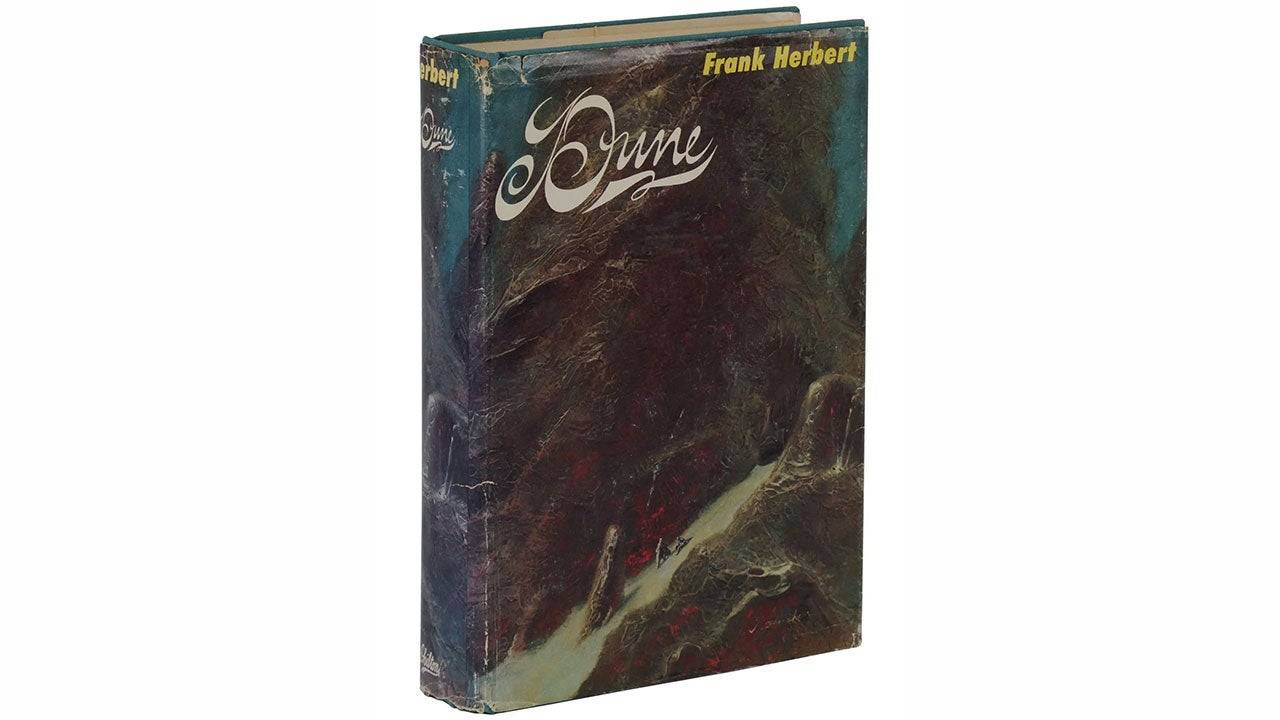
Scott's vision intertwines Paul's dreams with his reality, creating a seamless narrative flow. This draft introduces a twist where the Emperor's death sets the story in motion, leading to Duke Leto's assignment to Arrakis. The script's depiction of the Emperor's funeral and the mystical elements surrounding it add depth to the political intrigue. The Baron Harkonnen's offer to split spice production with Leto and the iconic line, "He who controls the spice controls the universe," echo themes central to the Dune saga.
Long Live the Emperor
The Emperor's death becomes a pivotal moment, triggering a chain of events that leads to the Atreides family's journey to Arrakis. The script's detailed descriptions of the planet's fortress and the medieval atmosphere reflect Scott's stylistic preferences, reminiscent of his later work on Legend. The ecological themes are emphasized through Liet Kynes' introduction of his daughter Chani and the stark contrast between spice mining and environmental degradation.
The script also delves into the societal disparities on Arrakis, drawing inspiration from The Battle of Algiers. A new action scene features Paul and Duncan in a bar fight, highlighting Paul's combat prowess and setting the stage for their encounter with the Fremen leader Stilgar. The Bene Gesserit Jessica's meditation and the couple's decision to conceive a child add layers to the narrative, emphasizing the personal stakes amidst the political turmoil.
Flight of the Navigator
The script includes a visual depiction of a Guild Navigator, a spice-mutated creature, which adds a unique element to the story. The Atreides family's arrival on Arrakis is marked by detailed descriptions of their fortress and the harsh environment, setting the stage for the conflicts to come. The script's emphasis on ecological themes and the consequences of spice mining adds depth to the narrative, distinguishing it from other adaptations.
Baron Wasteland
Dr. Yueh's betrayal and the subsequent attack on the Atreides castle escalate the tension, culminating in a graphic and intense battle. Paul's visions induced by spice inhalation and his encounter with a young Fremen boy add a personal dimension to his journey. The script's depiction of the Hunter-Seeker as a bat-like creature with a cobra's head adds a unique twist to the familiar threat.
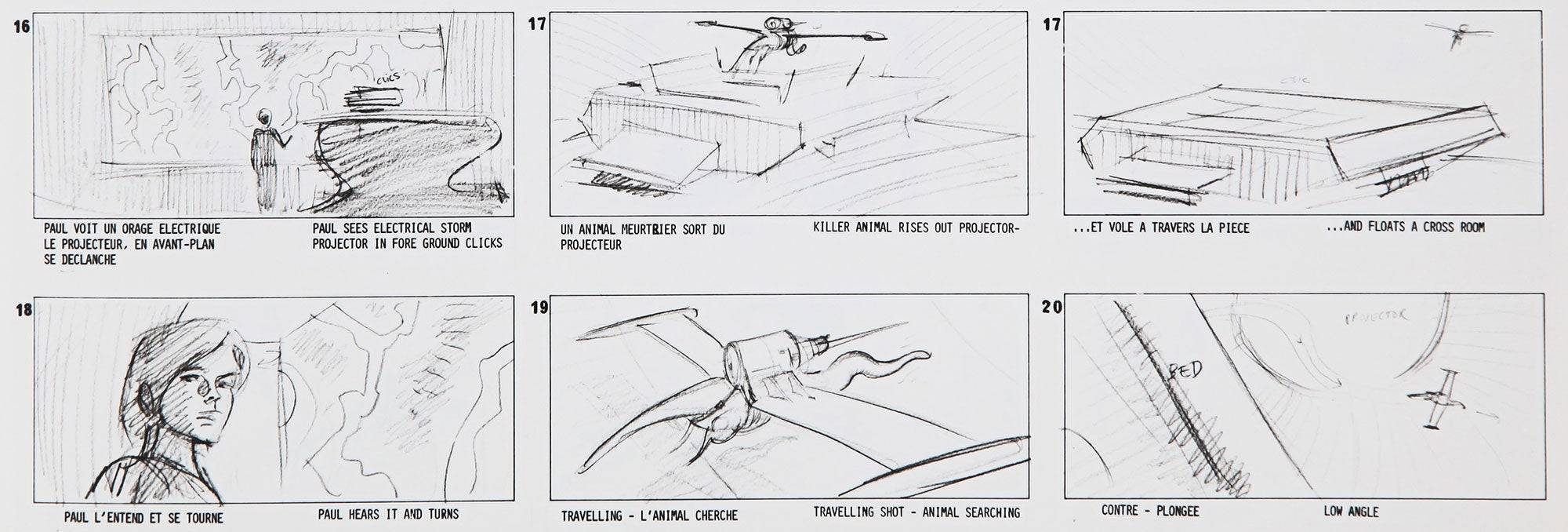
The script's violence and intensity are evident in the death of Duncan Idaho and the escape of Paul and Jessica into the deep desert. Their journey, marked by intense piloting maneuvers and a crash landing, underscores the harsh realities of Arrakis. The absence of incest between Paul and Jessica, a provocative element in earlier drafts, was a significant departure from Herbert's novel and reflects the script's attempt to navigate sensitive themes.
The Deep Desert Controversy
Paul and Jessica's trek through the desert leads them to a confrontation with a sandworm, a pivotal moment in the story. Their encounter with the Fremen and the subsequent duel with Jamis highlight Paul's transformation and acceptance into the tribe. The script's depiction of the Water of Life ceremony and Jessica's transformation into the new Reverend Mother add a mystical layer to the narrative, culminating in Paul's acceptance as the Messiah.
The script ends with a cliffhanger, alluding to Paul's impending sandworm ride, a scene Herbert emphasized as crucial to the story. This draft's focus on Paul's journey to becoming a universal dictator, supported by characters like Chani and Kynes, reflects the darker aspects of Herbert's themes about the dangers of charismatic leadership.
Conclusions
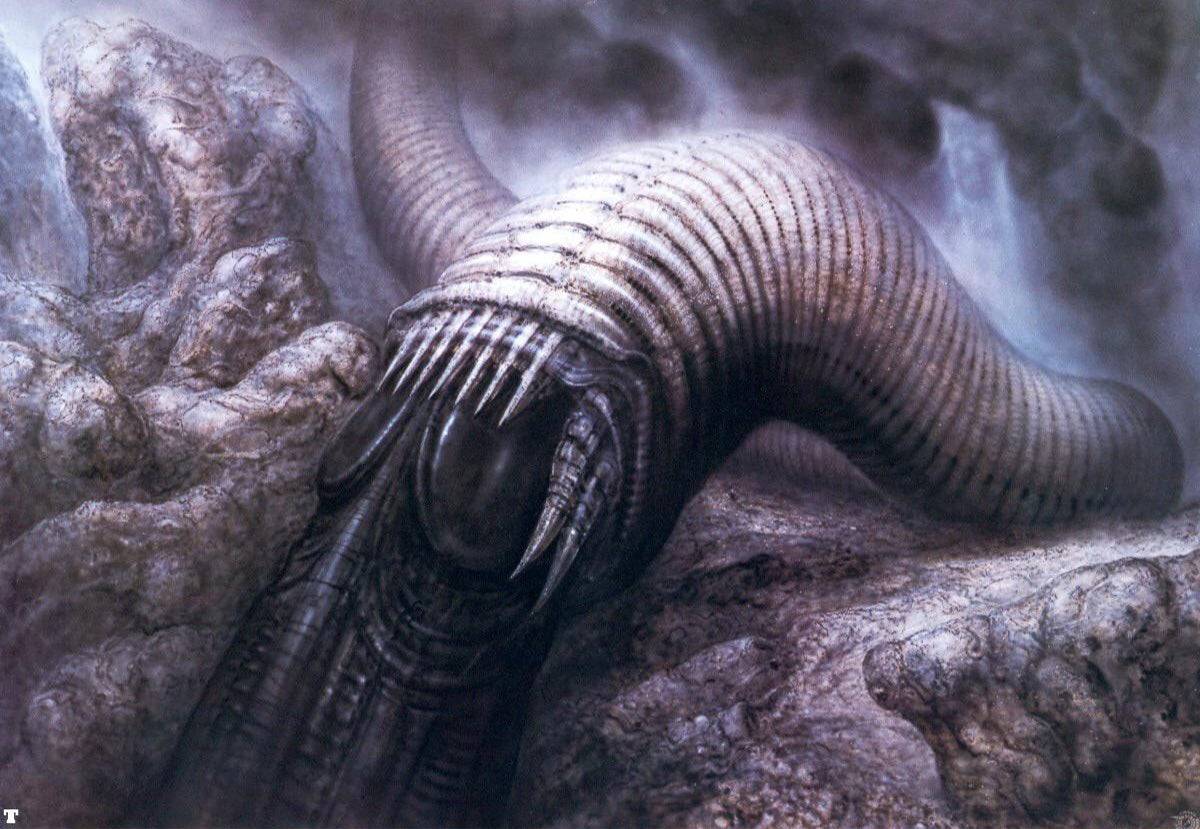
Frank Herbert's Dune series critiques the dangers of following charismatic leaders, a theme that Wurlitzer's script amplifies by portraying Paul as a confident young man accepting his destiny. The script's mature themes and visual storytelling approach set it apart from other adaptations, reflecting the evolving landscape of science fiction cinema at the time.
Despite its deviations from the novel, the script's focus on ecological, political, and spiritual themes offers a comprehensive view of Herbert's world. The legacy of Wurlitzer and Scott's Dune includes H.R. Giger's unique designs and the influence of the script on subsequent works, such as Blade Runner and Gladiator II. As Herbert's themes remain relevant, future adaptations may yet explore the ecological underpinnings of Dune in greater depth.



